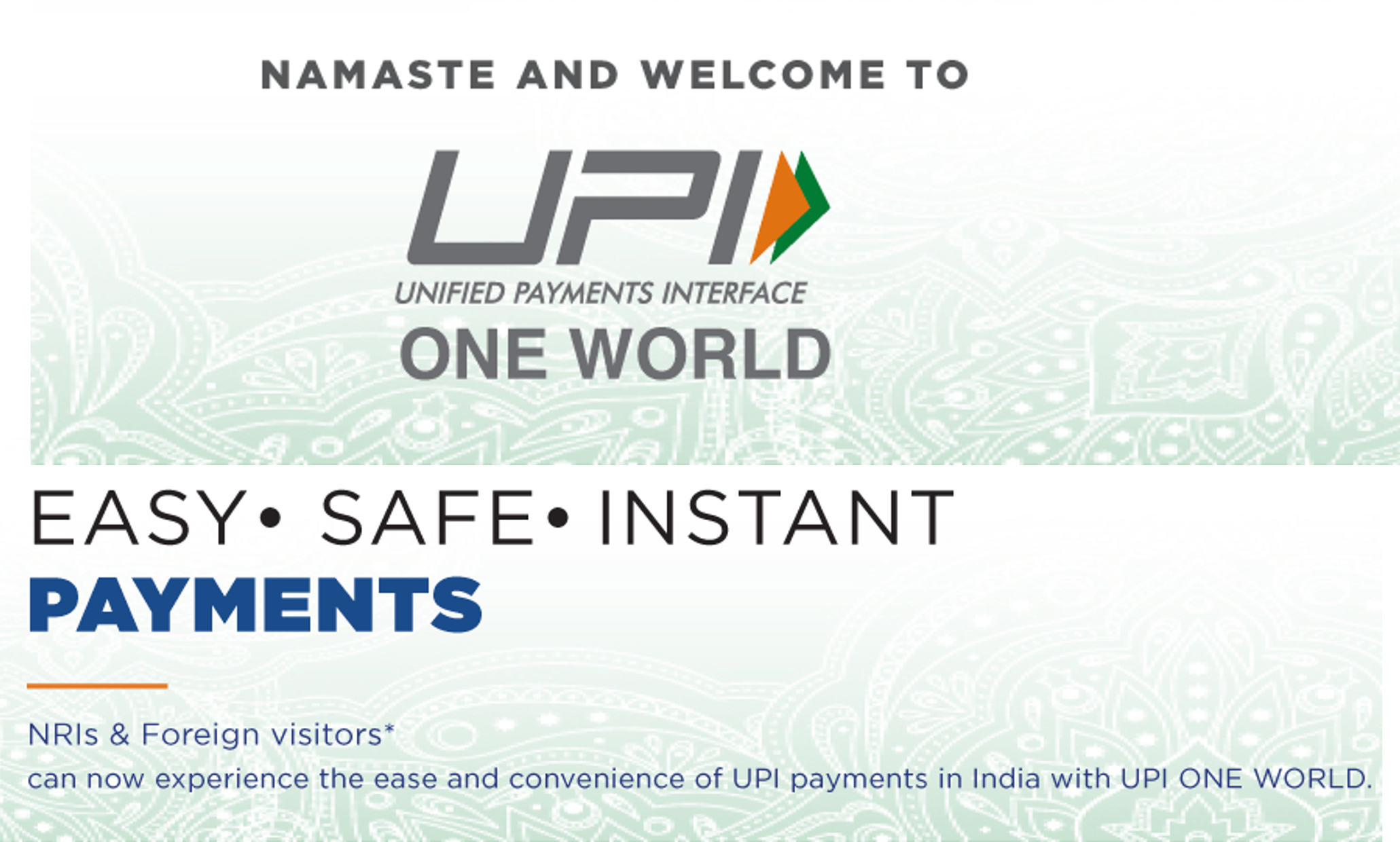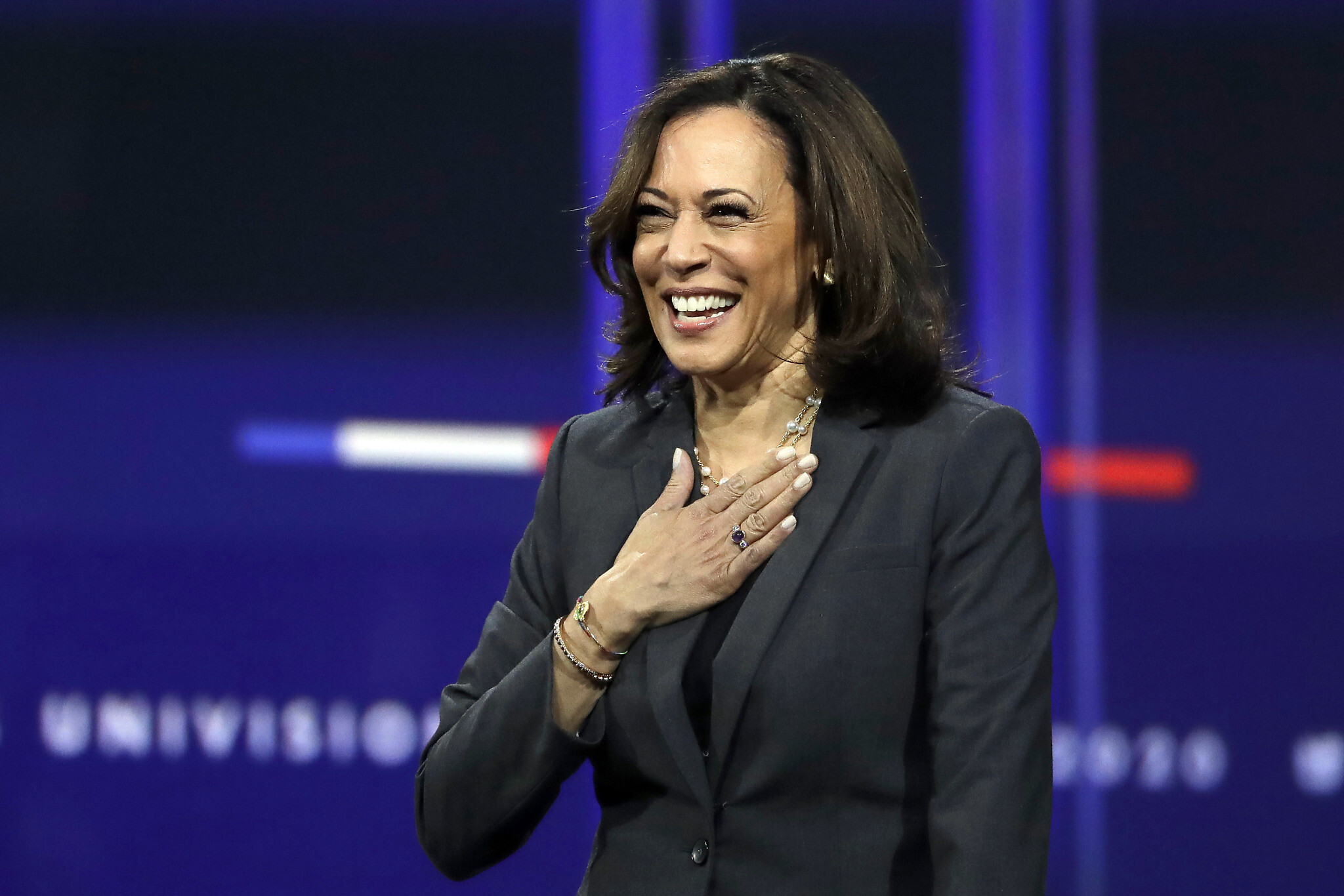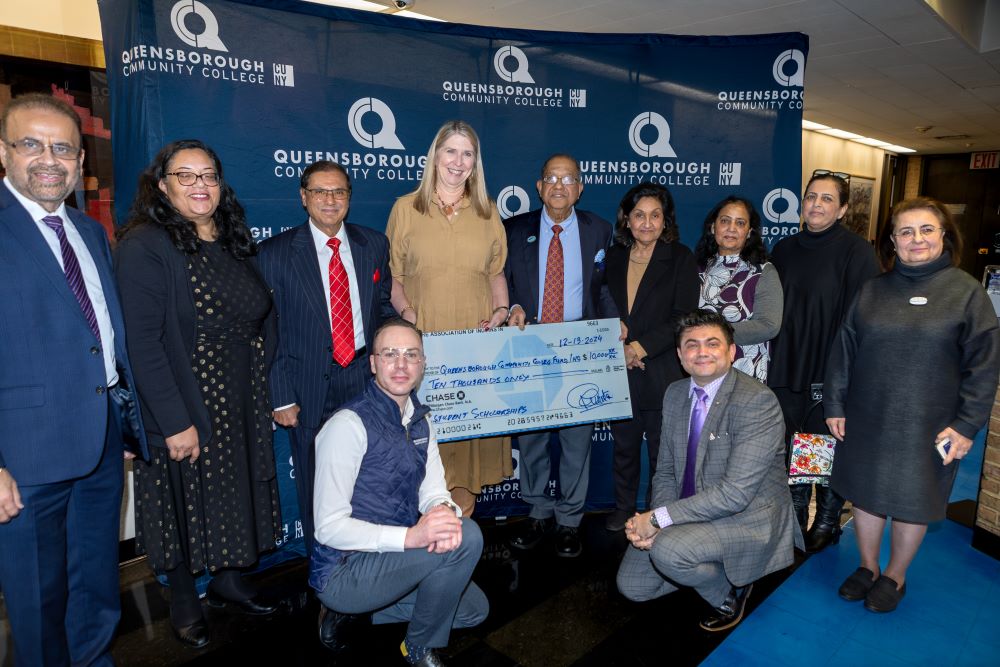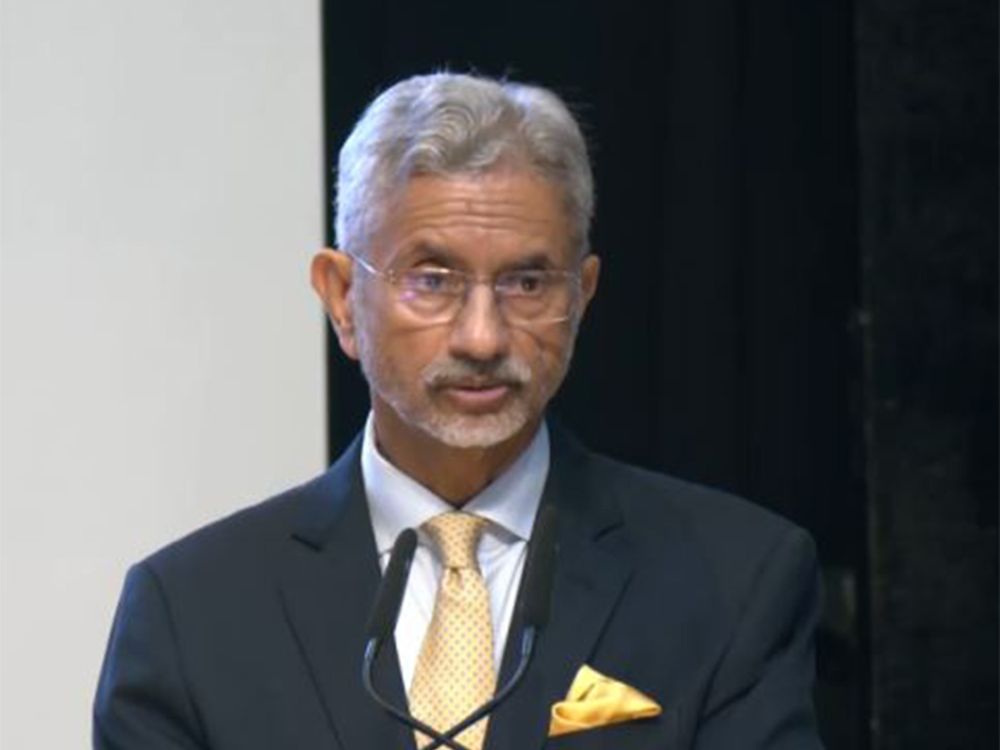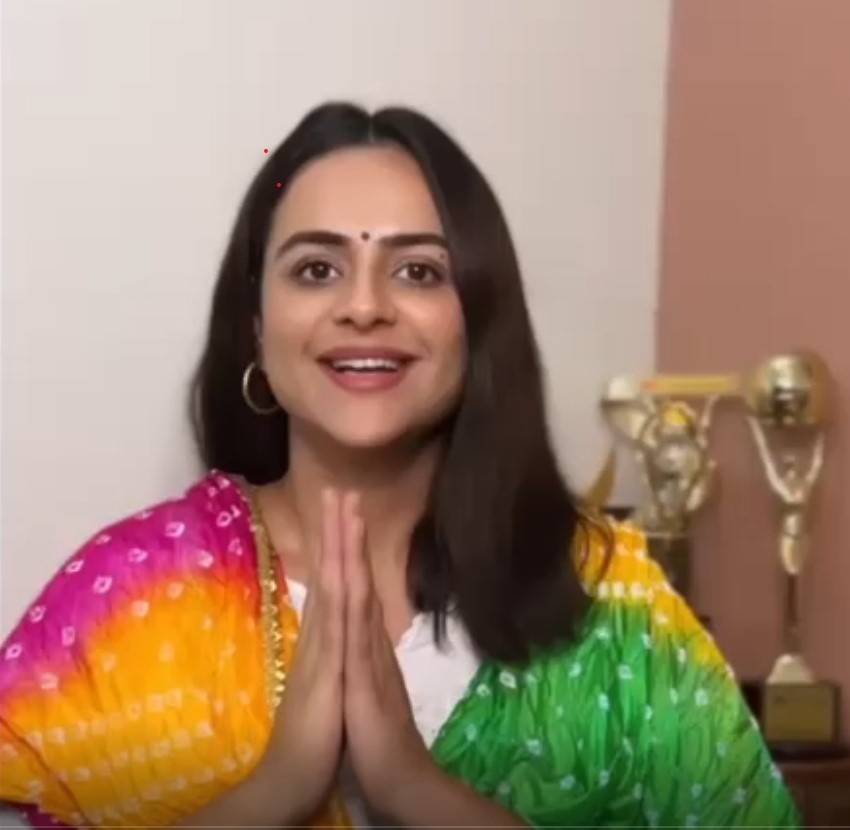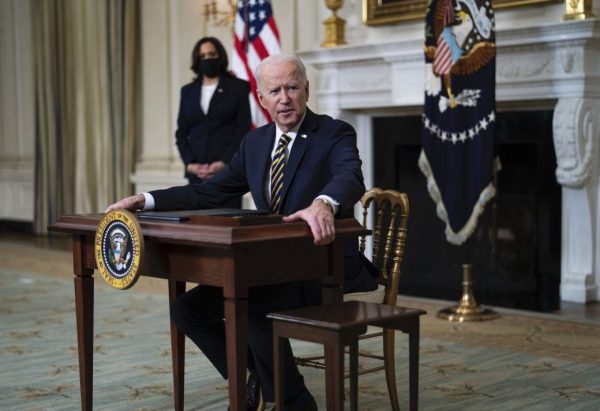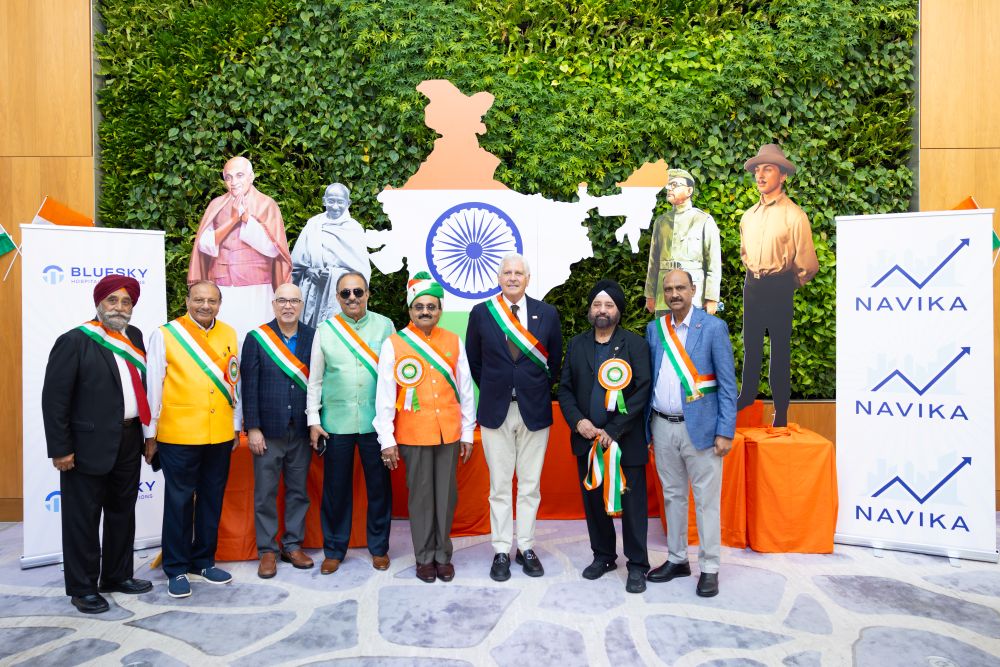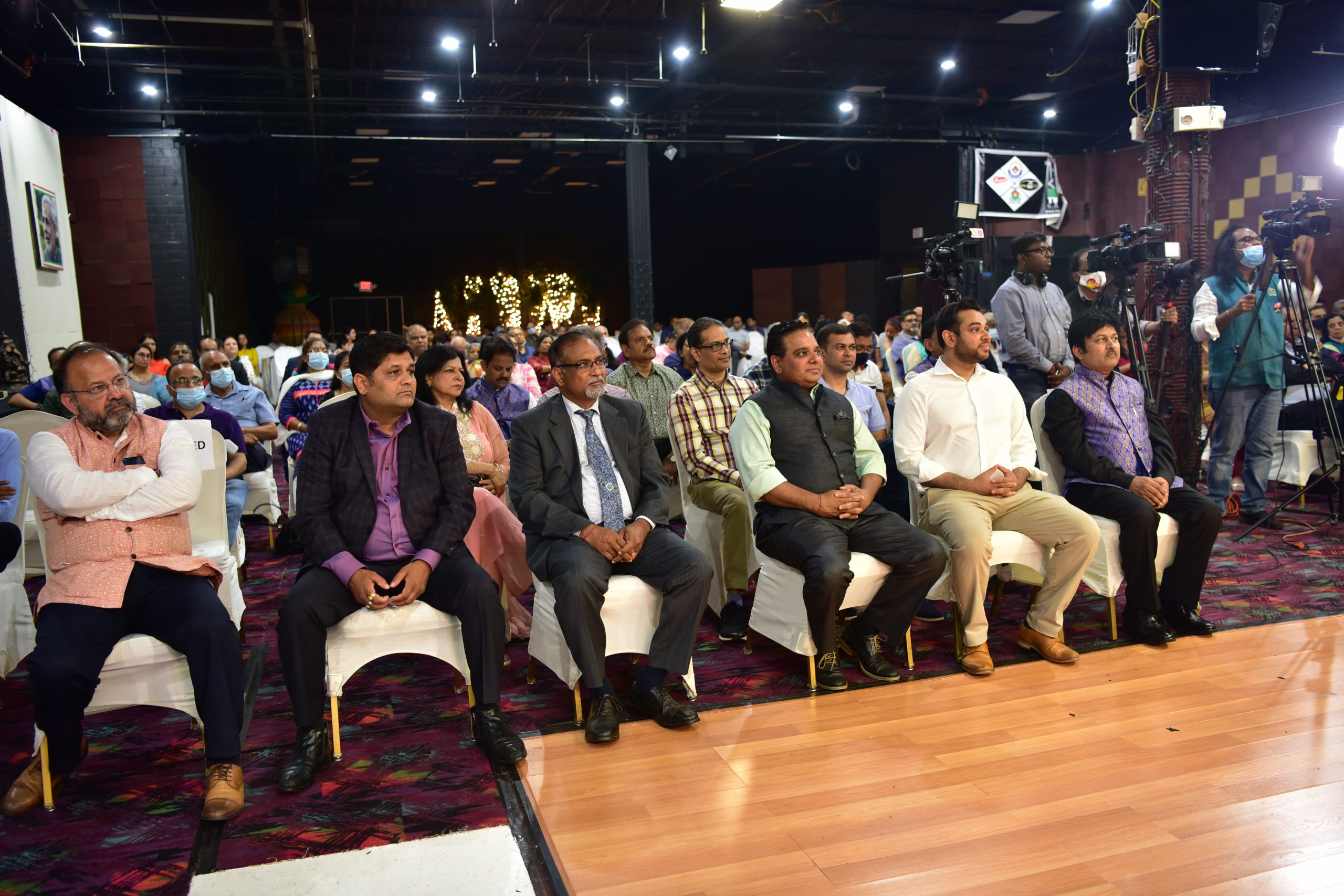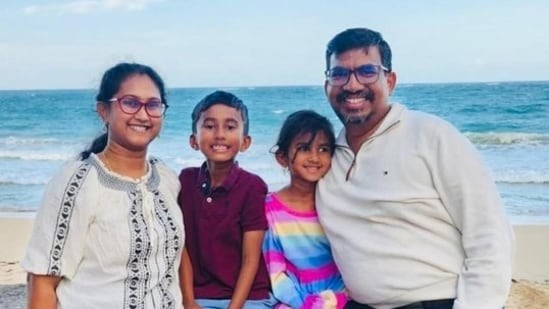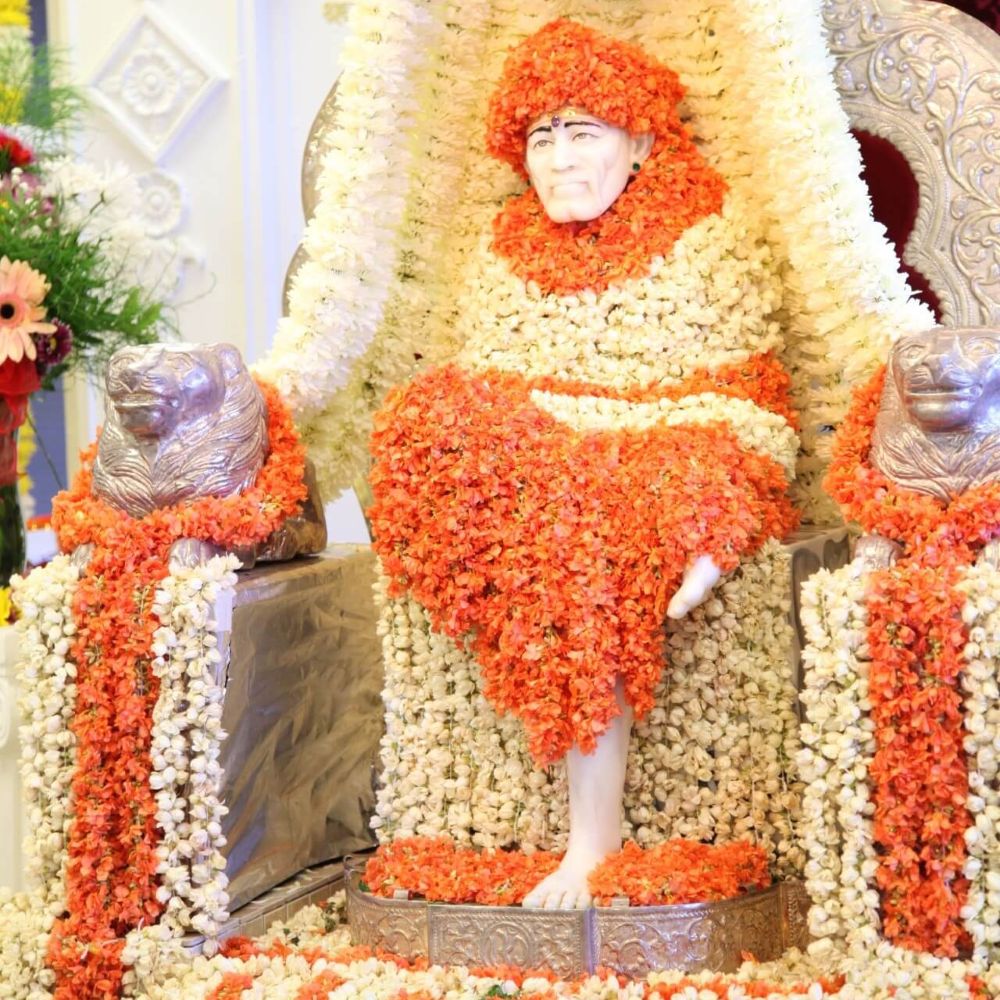Apart from taking steps for high and inclusive economic growth, Manmohan Singh showed his political skills as he went ahead with Indo-US nuclear deal despite strong opposition. How would India remember his lasting legacy?
Our Bureau
New Delhi
Former Prime Minister Dr Manmohan Singh, who passed away on Thursday at the age of 92, was an acclaimed thinker, economist and scholar who ushered in a comprehensive policy of economic reforms and steered the country for 10 years as the head of Congress-led UPA government during which India witnessed a high growth rate.
Known for his diligence, accessibility and unassuming demeanor, Manmohan Singh’s academic credentials were burnished by his long years in government during which he served in various key decision-making positions. He was also the Governor of the Reserve Bank of India. His government pushed for rights-based laws to empower citizens and inclusive growth to bring people out of poverty.
Before assuming office as India’s fourteenth Prime Minister in May 2004, Manmohan also held several political responsibilities. He served as a member of Rajya Sabha from 1991 and Leader of the Opposition between 1998 and 2004. His 33-year-long tenure in Rajya Sabha ended in April this year.
Manmohan Singh, who was the first person from the Sikh community to become Prime Minister, took the oath of office for a second term on May 22, 2009.
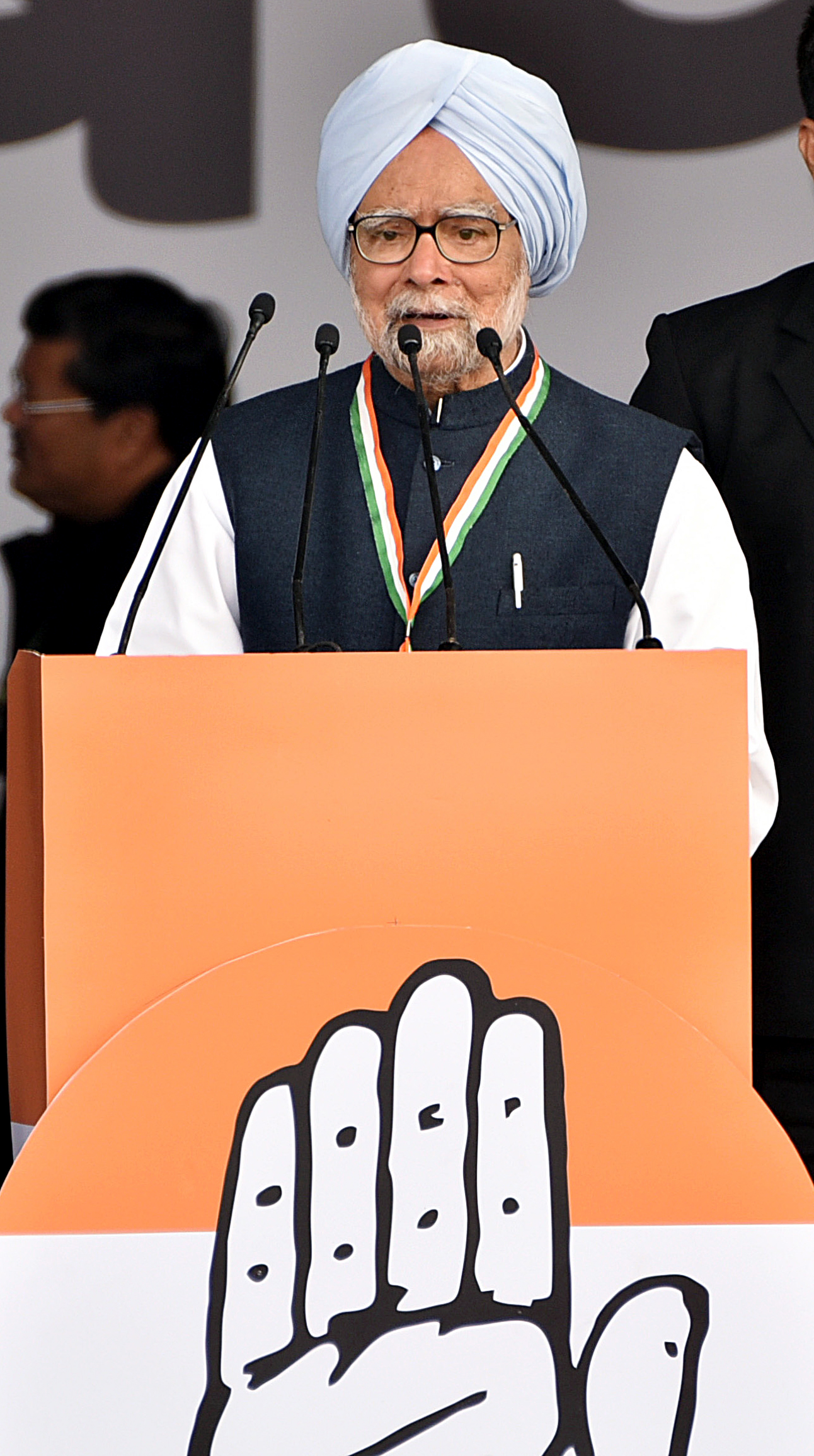
Born on September 26, 1932, in a village in the Punjab province of undivided India, Manmohan Singh was held in high regard across party lines and was held in high esteem globally. He received honorary degrees from many universities including the Universities of Cambridge and Oxford. Soft-spoken and affable, he rose from humble origins to the post of Prime Minister.
When he was made Finance Minister in 1991 by then Prime Minister PV Narasimha Rao, India was facing economic difficulties and had faced balance of payment crisis.
With political opposition to his economic reforms, Manmohan Singh showed steely determination and took steps to devalue the rupee, bring down taxes and encourage foreign investment.
The steps helped India tackle entrenched economic problems and register high rates of growth which paved the way for a booming middle-class, crores of people coming out of poverty and Manmohan Singh’s years as Finance Minister became turning point in the economic history of independent India.
He spent five years between 1991 and 1996 as India’s Finance Minister and his role in ushering in a comprehensive policy of economic reforms is recognized worldwide. In the popular view of those years in India, that period is inextricably associated with the persona of Dr. Singh.
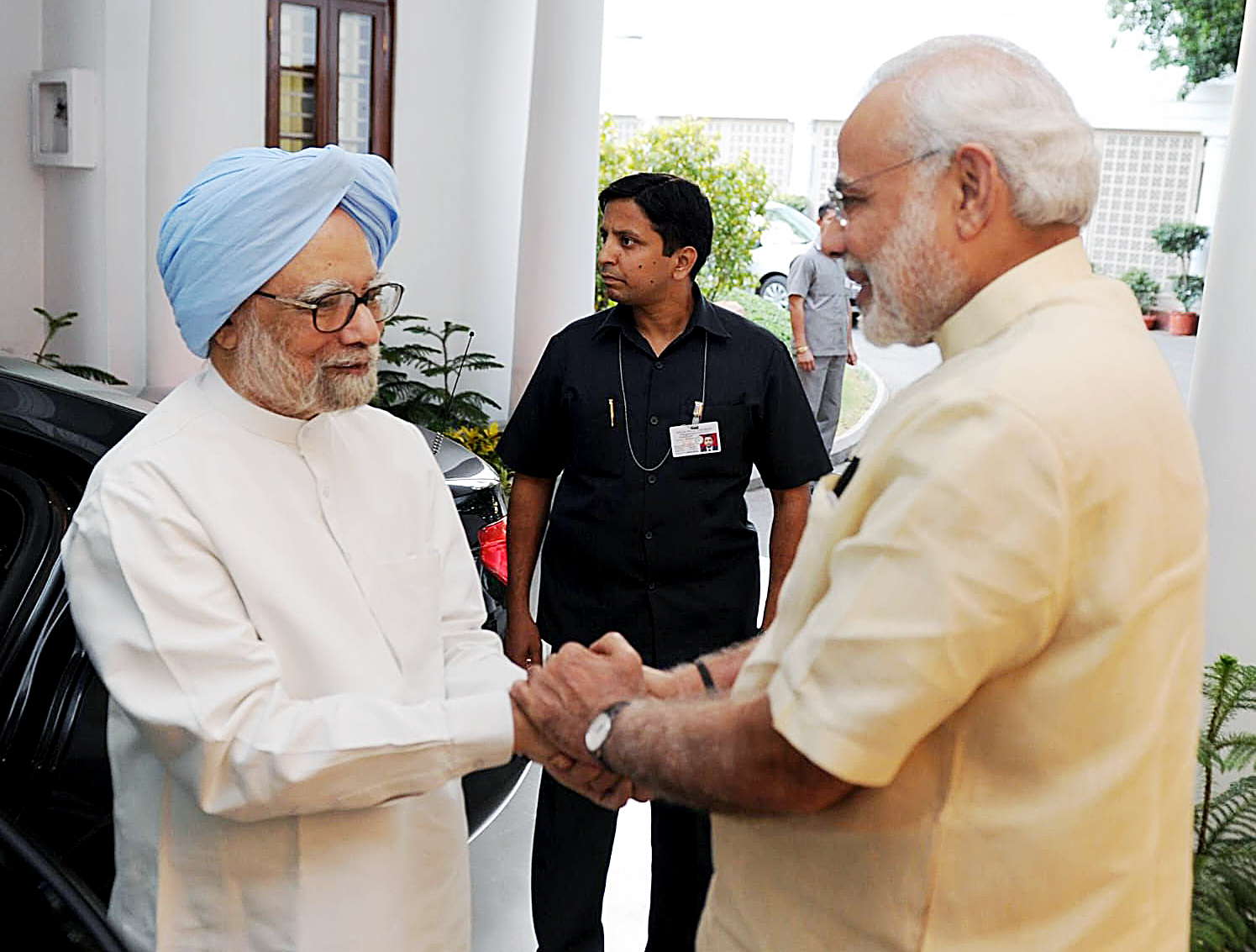
In July 1991, Manmohan Singh ended his budget speech with the words: “No power on earth can stop an idea whose time has come. I suggest to this august House that the emergence of India as a major economic power in the world happens to be one such idea.” This was the beginning of his idea of India and Manmohan became famous as the architect of economic reforms.
The economic trajectory set by Manmohan Singh as Finance Minister and PV Narasimha Rao as Prime Minister was largely followed by the subsequent governments.
Manmohan Singh had emerged on the national and global scene as an innovative thinker and administrator dedicated to public service and after the Bharatiya Janata Party-led NDA government suffered a shock defeat in the 2004 Lok Sabha polls, he was given the leadership of the Congress-led United Progressive Alliance (UPA) government.
Apart from taking steps for high and inclusive economic growth, Manmohan Singh showed his political skills as he went ahead with Indo-US nuclear deal despite strong political opposition and Left parties withdrawing support to his government.
With Manmohan Singh as Prime Minister, Congress increased its number of seats in the May 2009 Lok Sabha polls.
However, the later part of the second UPA government saw allegations of corruption with the opposition accusing the ruling coalition of “policy paralysis”. With Congress keen on pushing Rahul Gandhi, son of Sonia Gandhi, in the leadership role, Manmohan Singh said in early 2014 that he would not seek a third term as prime minister in the 2014 Lok Sabha polls.
He left office on May 26 as Narendra Modi took oath as Prime Minister as head of the coalition government led by the BJP.
Congress leaders state that under Manmohan Singh’s stewardship, “India witnessed the highest growth rate in its history, averaging at 7.7 per cent”.
Manmohan Singh completed his Matriculation examinations from the Punjab University in 1948. His academic career took him from Punjab to the University of Cambridge, UK, where he earned a First-Class Honors degree in Economics in 1957.
He followed this with a D. Phil in Economics from Nuffield College at Oxford University in 1962. His book, “India’s Export Trends and Prospects for Self-Sustained Growth” [Clarendon Press, Oxford, 1964] was an early critique of India’s inward-oriented trade policy.
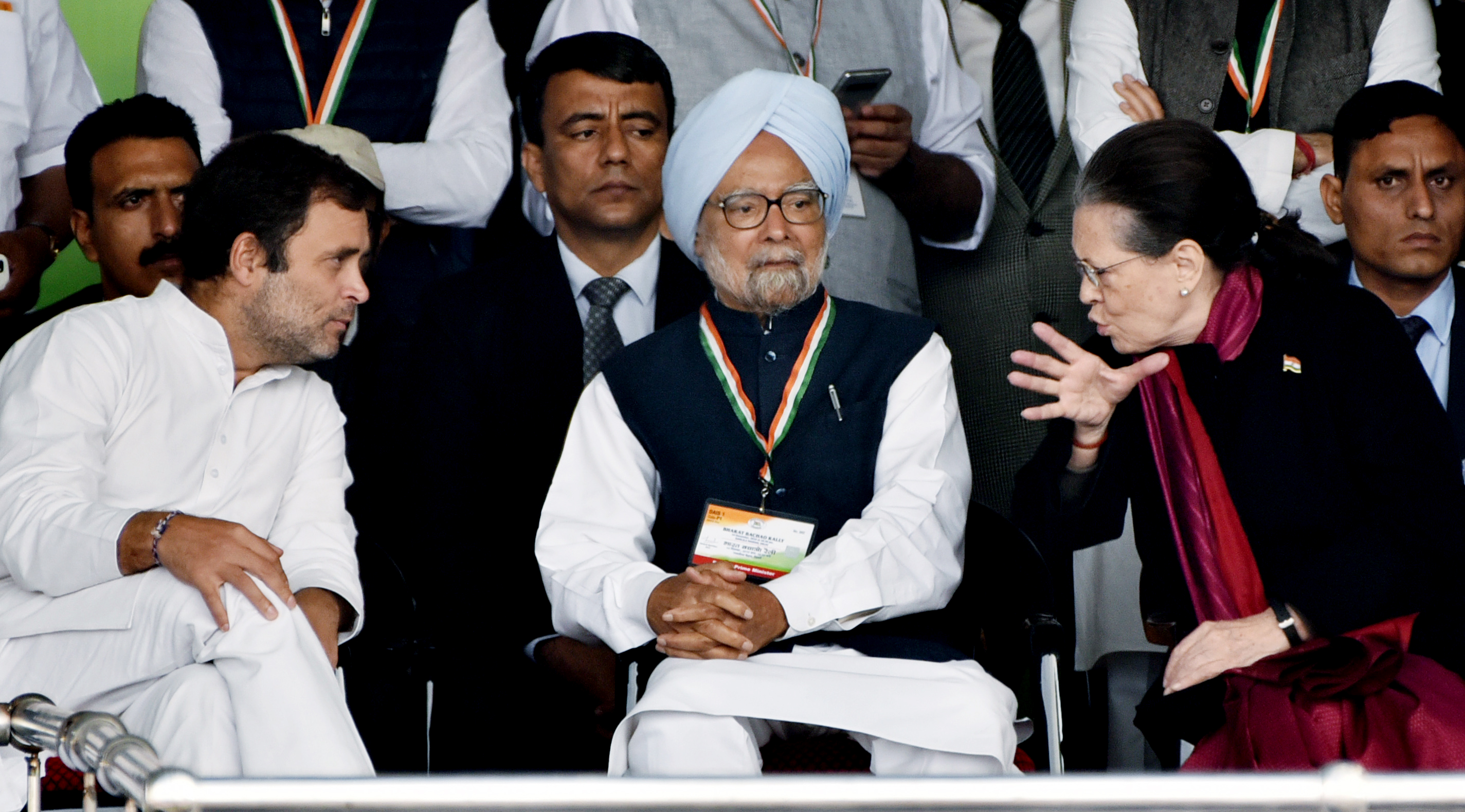
Manmohan Singh was on the faculty of Punjab University and the Delhi School of Economics. He had a brief stint at the UNCTAD Secretariat as well, during these years. This presaged a subsequent appointment as Secretary General of the South Commission in Geneva between 1987 and 1990.
In 1971, he joined the Government of India as Economic Advisor in the Commerce Ministry. This was soon followed by his appointment as Chief Economic Advisor in the Ministry of Finance in 1972. Among the many positions that Dr Singh held were Finance Secretary, Deputy Chairman of the Planning Commission; Advisor of the Prime Minister; and Chairman of the University Grants Commission.
A recipient of India’s second highest civilian honor, the Padma Vibhushan in 1987, Manmohan Singh was honored with several awards.
He was conferred the Asia Money Award for Finance Minister of the Year (1993 and 1994); the Euro Money Award for Finance Minister of the Year (1993), the Adam Smith Prize of the University of Cambridge (1956); and the Wright’s Prize for Distinguished Performance at St. John’s College in Cambridge (1955).
Leaders pay homage to a distinguished leader
India mourns the loss of one of its most distinguished leaders, Dr. Manmohan Singh Ji. Rising from humble origins, he rose to become a respected economist. He served in various government positions as well, including as Finance Minister, leaving a strong imprint on our economic policy over the years. His interventions in Parliament were also insightful. As our Prime Minister, he made extensive efforts to improve people’s lives – Prime Minister Narendra Modi
The passing of Former Prime Minister and Economist Shri Manmohan Singh ji is an immense loss for the nation. A visionary statesman and a stalwart of Indian politics, throughout his remarkable career in public service, he consistently voiced for the welfare of the downtrodden. His leadership earned admiration and respect across party lines. Shri Manmohan Singh Ji’s legacy will continue to inspire generations in their pursuit of nation-building. My heartfelt condolences to his family, friends, and admirers. Om Shanti – BJP president JP Nadda
Manmohan Singh Ji led India with immense wisdom and integrity. His humility and deep understanding of economics inspired the nation. My heartfelt condolences to Mrs. Kaur and the family. I have lost a mentor and guide. Millions of us who admired him will remember him with the utmost pride — Congress leader Rahul Gandhi
His policy of economic liberalization and rights-based welfare paradigm profoundly transformed the lives of crores of Indians, virtually creating a Middle Class in India and lifting crores out of poverty — Congress president Mallikarjun Kharge
The Indo-US nuclear agreement was a landmark that enhanced India’s global status. His Prime Ministership saw the highest GDP growth rate in the country’s history. He was a gentleman to the core, and one who bore no ill-will or malice to anyone. He believed in and practiced the politics of dialogue, consensus, and accommodation even under difficult circumstances — Congress leader Jairam Ramesh
A world-renowned economist and the architect behind the liberalization of the Indian economy, Dr Manmohan Singh Ji steered India through difficult times and into a new era. An Oxford-educated economist, he spearheaded India’s 1991 economic reforms and led the nation as Prime Minister with quiet determination, proving that intellect and integrity can drive transformative change. I join the nation in mourning the passing of one of our most distinguished statesmen. His legacy will endure and inspire generations to come. I consider myself blessed and privileged to have had the opportunity to work alongside him in the Rajya Sabha. My deepest condolences to his family. RIP, Sir. Om Shanti — Aam Aadmi Party MP Raghav Chadha

















